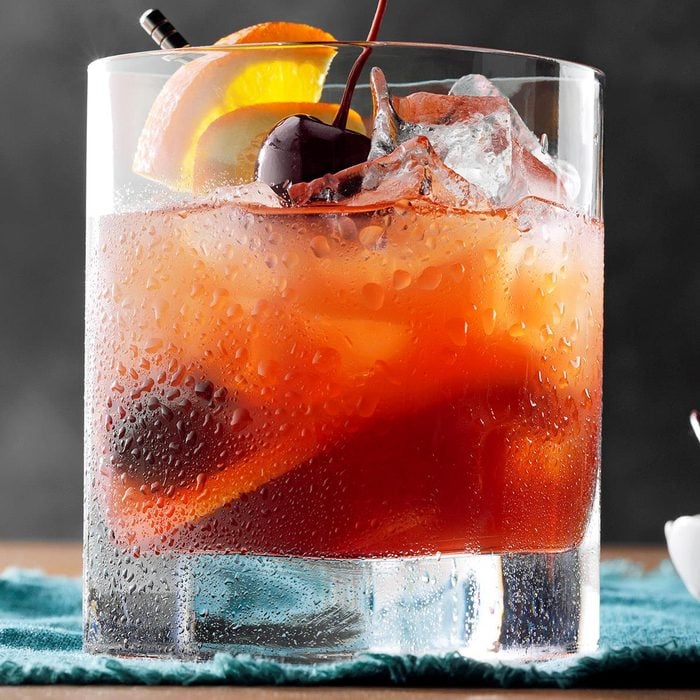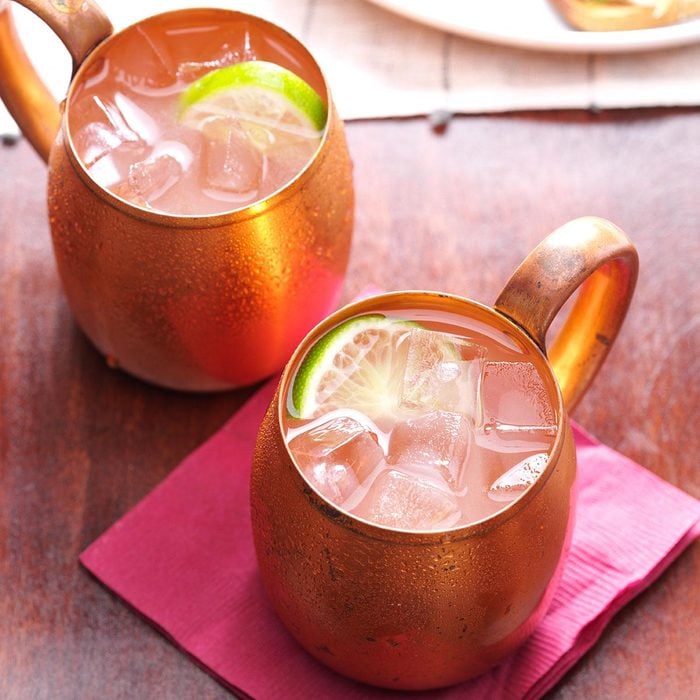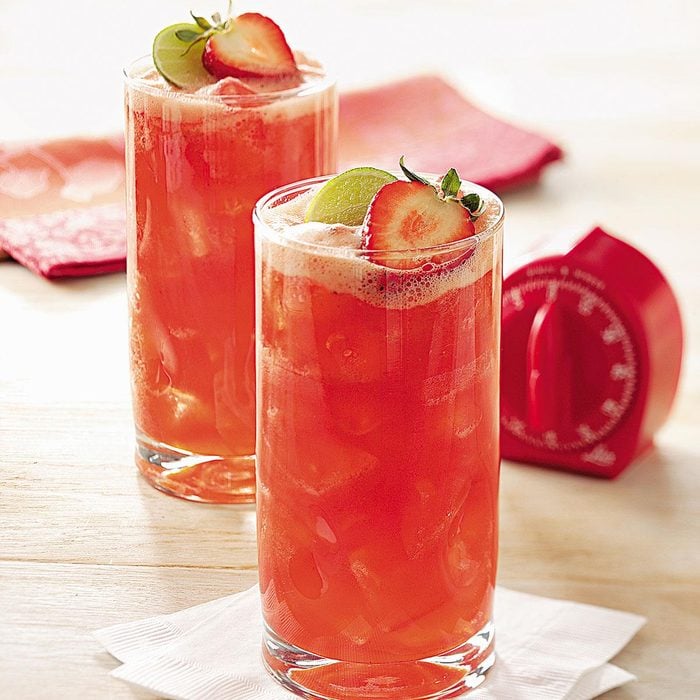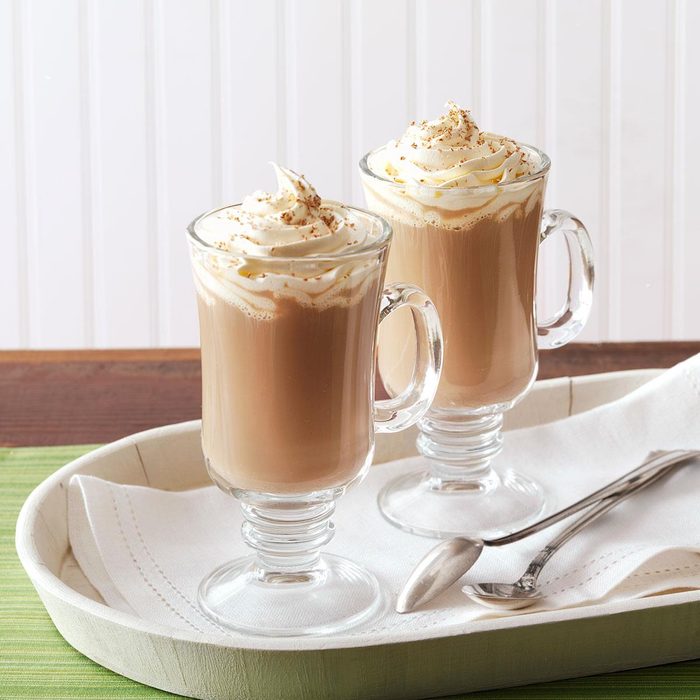Scotch vs. Whiskey: What’s the Difference?
Updated: Jan. 15, 2020

Both spirits are sophisticated sippers that may look and taste similar. But there are key differences. Here's an explainer on scotch vs. whiskey.
Both scotch and whiskey are sippable spirits with robust amber tones and smooth flavor profiles. So what’s the difference? In a nutshell, it’s part geography and part recipe.
Don’t miss our picks for the best whiskey in the world.
First, Whiskey vs. Whisky
“Whiskey” is alcohol made from fermented grains—usually some mixture of wheat, rye, barley and/or corn—and aged in barrels. It’s also made in the U.S. or Ireland. (Editor’s Tip: Bourbon is a specific kind of whiskey.)
“Whisky,” spelled without the “e,” is also alcohol made from a fermented grain mash—except it’s made in Scotland, Japan or Australia. Scotch whisky is a type of whisky made specifically in Scotland.
In addition to having the same basic formula—grain slowly fermented in barrels—whiskey and scotch are both distilled between 40 and 90% alcohol by volume. It’s then diluted to between 40 and 60% ABV before bottling.
Learn more about whiskey types from around the world.
What Is Scotch?
Scotch is whisky made in Scotland, usually from grain or malted grain—almost always barley. Scots take pride in their scotch, and have rules in place to set standards for quality. The Scotch Whisky Regulations lay down guidelines for production, bottling, labeling and even advertising. Scotch also must age in an oak barrel for a minimum of three years, though it’s often aged far longer. You often find Scotch whiskey aged 12 to 25 years, even as long as 50.
Curious about the flavor profile of scotch? It’s typically quite distinct and may even taste sharp to an unfamiliar palate. Stick with it, though, and you may learn to love it. Flavors include wood and leather, with a bite reminiscent of rubber, fire or dirt. Ready to give it a try? Check out the Don of scotch drinks, the classic Godfather cocktail.






























